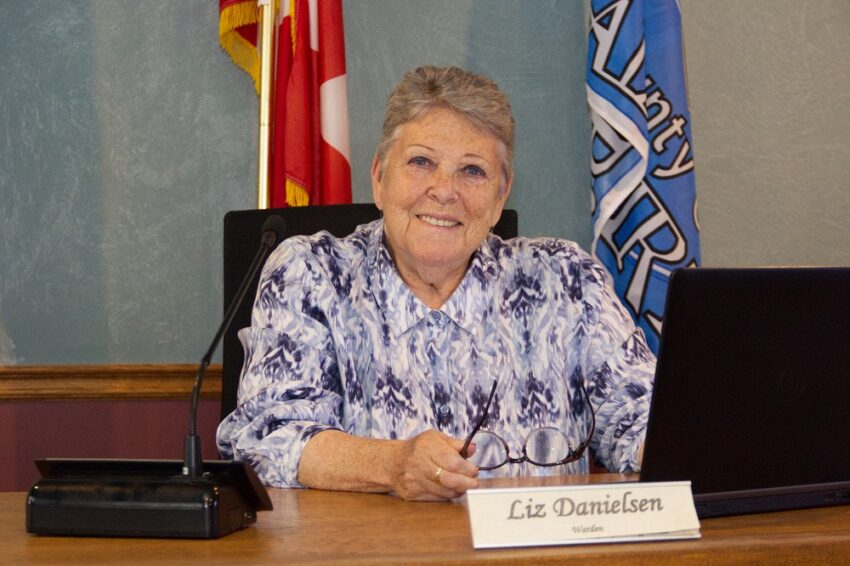County council, at its last meeting, voted to send its short-term rental bylaw to the four lower-tier municipalities for possible adoption.
It’s now up to Algonquin Highlands, Dysart et al, Highlands East and Minden Hills to pass it.
Further, council has directed County staff to work with employees from the four townships to prepare a request for proposals (RFP) for a third-party provider to administer the new rules and regulations, if adopted.
Director of planning, Steve Stone, brought clarified definitions and further refinements of the bylaw to the July 26 meeting. However, he said, “the most critical piece of the bylaw that was changed really reflects council’s interest in allowing for operators to sign up, and basically swear that their establishment is operating in accordance with all of the rules and regulations, so building code, fire code and so on and so forth.
The County had received correspondence from two, third party contractors who do short-term rental work on behalf of municipalities in Ontario. They’ve indicated there could be anywhere from 1,500 to 2,000 of them being advertised in the Highlands.
He indicated with a self attestation form, municipalities would not have to inspect all of STRs, perhaps auditing just 5% every year.
Coun. Walt McKechnie noted third-party providers also monitor compliance issues. They can levy fines, issue demerits and suspend licenses. They are on call for complaints. CAO Mike Rutter noted the contractor can take and upload videos for municipal bylaw staff to review if they cannot attend on a weekend, for example.
Rutter, while arguing the townships have to take on the bylaw due to them having paper copies of all relevant documentation, said the licensing fee, “will generate a fairly significant source of income to help you get more staff to do all of the things.”
Coun. Bob Carter reiterated he did not want any tax dollars to go into the program.
During his presentation on a possible municipal accommodation tax, director of economic development, Scott Ovell, said local governments can keep 50 per cent of revenue and apply it anywhere, including to short-term rental program costs.
With the MAT tax, council authorized staff to prepare a bylaw for consideration by lower-tier municipalities and put the wheels in motion to set up a municipal accommodation tax association.

